This site is a straight up gold mine of Ecommerce resources and advice.
Kelleigh Stewart, CEO, bigislandcoffeeroasters.com
Browse all apps
Sales & ConversionMarketingAnalyticsOperations & LogisticsStore DesignFinanceCustomer Support
Discover the most popular Ecommerce appsBrowse all apps
Referral Marketing
1984
+ views
Viral Loops improves customer lifetime value by incentivizing word-of-mouth marketing in pre-sale and post-sale campaigns.
Data Security
3085
+ views
Rewind is an easy to use back up tool for your Shopify or BigCommerce store, providing peace of mind that when things break you will be able to fix them fast.
Cross-Sell/Upsell
2037
+ views
Carro’s Brand Partnership tool is like going Shopping for products for your store, without a traditional wholesale relationship or any inventory commitments.
Customer Data Platform (CDP)
1439
+ views
Netcore is a customer engagement and experience platform that creates personalized digital experiences to fuel omni-channel growth.
Customer Service Helpdesk
2647
+ views
All-in-One Customer Support Specifically Designed for Ecommerce
SMS Marketing
2628
+ views
SMSBump is the largest SMS marketing tool in the Shopify app market, designed specifically for Shopify with extremely robust functionality and features.
Email Marketing
2893
+ views
Sendlane is an email and SMS marketing platform that combines functionality with methodology to increase conversions and total revenue.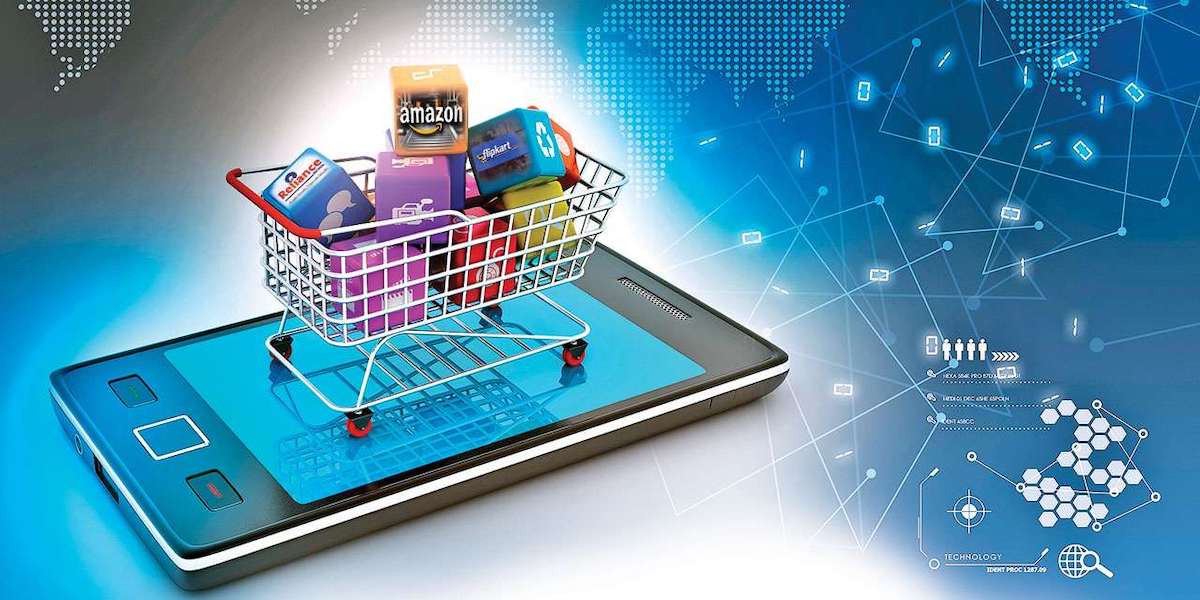
Reviews & User-Generated Content
1987
+ views
Opinew is a smart review platform for DTC brands showcasing reviews on their site from across the web for increased social proof and conversation rate.
Smart Review Platform Pulling Reviews from Across the Web
Sell More Products by Cross-Selling on Other Shopify Stores
Robust live chat and helpdesk solution for merchants of all sizes.
Increase Product Page Conversion in Minutes with Adaptive Product Information.
Scary Smart Data Analysis
Improve Conversions by Controlling Load Times of 3rd Party Tools on Your Site
Lower Cost Per Acquisition with Viral Loops
Robust SMS Marketing Tool Built for Shopify
Great Email and SMS Deliverability, Combining Functionality with Methodology
Robust Customer Engagement Platform for Increasing Conversions
End-to-end Influencer Management Platform that helps activate more influencers in the shortest time.
Commission Based Ad Network Driving Traffic and Sales for Your Store
Revenue analytics for fast-growing D2C brands.
The Data Operating System for your Ecommerce Brand
Attribution-Centric Analytics and Reporting
Smarter Segmented Marketing in Seconds
Create Competitive Pricing and Boost Profitability
Automated Analytics Platform for Shopify Stores
Easily Backup and Restore Your Site
All-in-One Customer Support Specifically Designed for Ecommerce
Exists to help busy DTC brands tackle tough shipping issues in a sustainable way.
Giving you more accurate shipping rates for increased profitability.
Proactive Order Tracking Your Customers Will Love
Keep Your Product Data Up To Date Automatically
Easily Duplicate Your Store for a Safe Staging Environment
Easy-to-Use and Scalable Drag and Drop Page Builder for Shopify
Selling Faster From Social Media and Beyond
Showcase Hot Sellers, Discounts, and Promotions From Within Your Product Images with Ease
All-in-One Centralized Ecommerce Solution, Especially Powerful for B2B
Augmented Reality for Ecommerce
Robust Invoicing Solution for Ecommerce, Especially International Sellers and B2B
Tear Down Barriers with this Buy Now Pay Later Tool
Powerful Fraud Prevention with Custom Rules for Growing Merchants
Business Banking and Corporate Cards Designed for Ecommerce
Get $$$ in Unclaimed Amazon Reimbursements
Automated and Customized Subscription Billing
All-in-one subscription management app to personalize rewards system, reduce order cancellations and increase revenue.
A simple sustainability solution for brands to plant verified trees across customer actions to drive engagement and conversions while protecting our planet. Integrate across any platform, engage customers, and reach your net-zero goals.
Subscriptions Done Easy Leveraging Your Entire Tool Suite
Premium Subscription Experiences for DTC Shopify Brands
B2B Social Commerce Platform for Charitable Donations
White-Label Mobile App Development
Read now
After working extensively in both Ecommerce and Ecommerce technology, I saw the raw confusion and desperate needs of merchants around the fast-expanding and fragmented landscape of Ecommerce tech apps. And thus I created Ecommercetech.io.
"EcommerceTech proved extremely resourceful in helping me with crucial tool decisions. Thank you so much for your help. You are literally lifesaving."
Thank you so much for your help. You are literally lifesaving."
Bili Balogun - CEO, Tribe Beauty Box
"You can trust that the team at EcommerceTech is genuine and will only recommend what’s best for you and your Ecommerce business."
Yinka Martin - Managing Director, HairWeavOn
THE FUTURE OF ECOMMERCE
33
MINS
Neal Schaffer
CEO, Author, Keynote Speaker
Featured guest
View all podcasts
Chat with an Ecommerce tech expert and we’ll look at your site, the stage of your business, and your resources
to help you find the right tools to grow your store.
Get advice - it's free
Completely free. No catch
Ways to listen and subscribe:
THE FUTURE OF ECOMMERCE
We are now officially in the era of first party data. What are your customers looking for and what are they finding on your site?
What are your customers looking for and what are they finding on your site?
Listen now
Victor Aldea
Growth Marketing Manager
Featured guest
Exploring every aspect of Ecommerce and how it is likely to change over the next 1, 3, and 10 years. Each episode explores one topic so that we can go deep, bring in industry experts, academics, and brands, and get their opinion on the future. Then we make our predictions. This podcast is perfect for Ecommerce executives looking to stay on top of their industry.
Ways to listen and subscribe:
Chief Ecommerce Technologist
Ecommercetech.io
Derric Haynie is the host of “The Future of Ecommerce” podcast and Chief Ecommerce Technologist at Ecommercetech.io – Where Ecommerce stores go to research, discover, and buy the right tools to grow their store. Half of his day is spent reviewing tech tools, and the other half is talking with merchants to help them discover which solutions are right for them.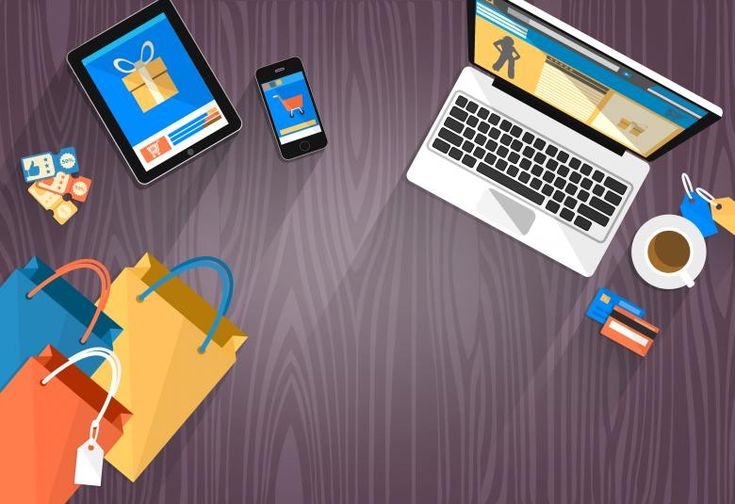 When he’s not doing that, you can find him speaking, networking, or grabbing a drink at any of your favorite Ecommerce events. Read more
When he’s not doing that, you can find him speaking, networking, or grabbing a drink at any of your favorite Ecommerce events. Read more
July 30, 2021
25
mins
We are now officially in the era of first party data. What are your customers looking for and what are they finding on your site?
Victor Aldea
June 18, 2021
18
mins
Don't race to the bottom! Learn more about how dynamic pricing can make you more competitive AND profitable.
Burc Tanir
March 5, 2021
25
mins
This three-part miniseries will cover basic pricing and price testing, competitive intelligence and understanding the market at large.
Patrick Campbell
June 18, 2021
18
mins
Don't race to the bottom! Learn more about how dynamic pricing can make you more competitive AND profitable.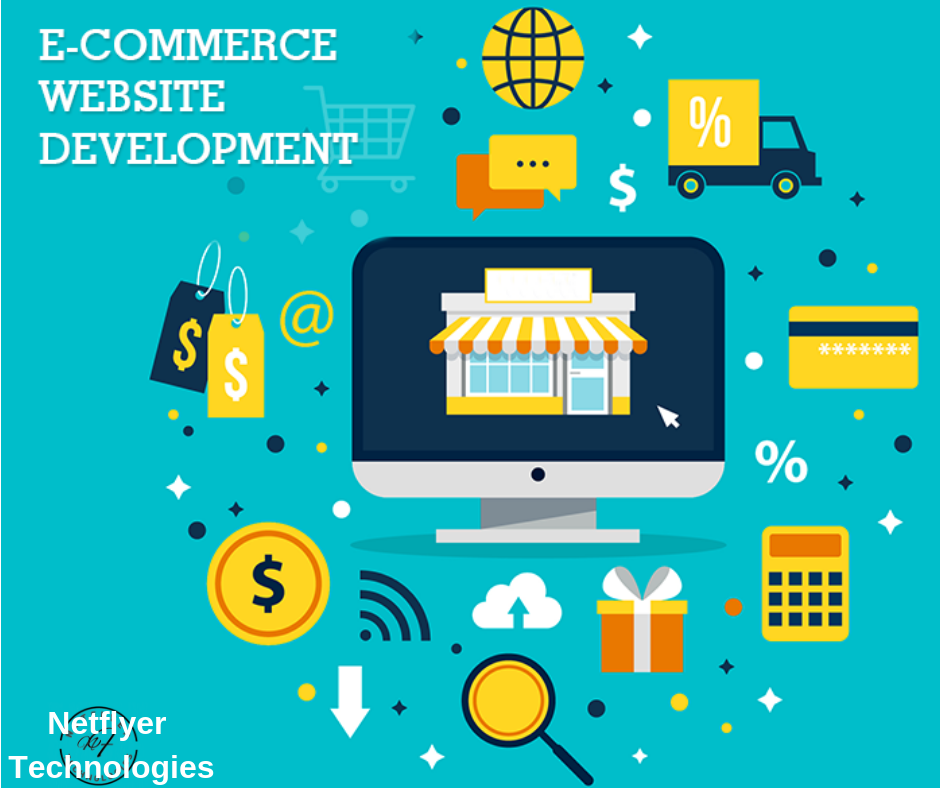
March 5, 2021
25
mins
This three-part miniseries will cover basic pricing and price testing, competitive intelligence and understanding the market at large.
October 26, 2020
33
mins
From micro to macro, from celebrity endorsements of the past, to Tik Tok movements of the future, here's how we got here...
July 30, 2021
25
mins
We are now officially in the era of first party data. What are your customers looking for and what are they finding on your site?
Victor Aldea
June 18, 2021
18
mins
Don't race to the bottom! Learn more about how dynamic pricing can make you more competitive AND profitable.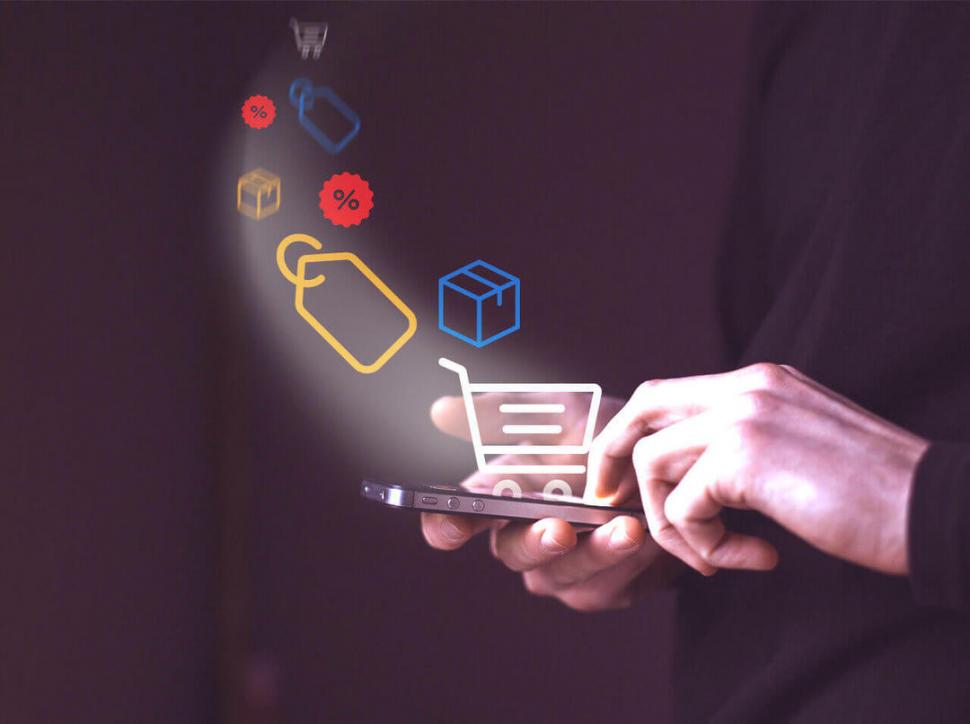
Burc Tanir
May 11, 2021
52
mins
Tech stacks are a wonderful thing but you know what they say - too much of a good thing....
March 5, 2021
25
mins
This three-part miniseries will cover basic pricing and price testing, competitive intelligence and understanding the market at large.
Patrick Campbell
October 26, 2020
33
mins
From micro to macro, from celebrity endorsements of the past, to Tik Tok movements of the future, here's how we got here...
Neal Schaffer
January 22, 2020
4
mins
Our first episode gives you an idea on our show and what to expect over the coming episodes.
Derric Haynie
February 12, 2020
30
mins
Derric explores the email marketing, from to how it might evolve into a Rich Content Format (RTF) platform fueled by Augmented Reality.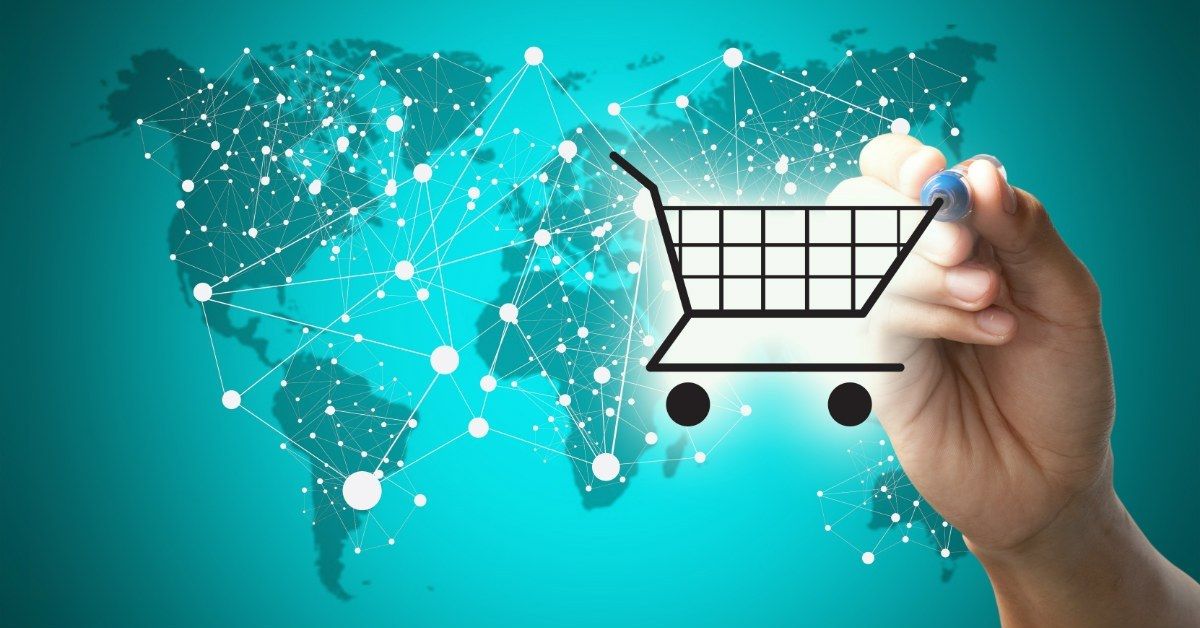
Rytis Lauris
March 23, 2020
32
mins
We talk to Jay Hack, Donna Lopez, and Yarden Horwitz on computer vision, tbranding, and social search.
Donna Lopez
May 25, 2020
26
mins
Messenger marketing is a fast-evolving industry that brings a real revenue boost and strengthen brands, but where is it all heading?
Mary Kathryn Johnson
July 24, 2020
24
mins
Let's dive into this thriving market to understand what is in store for the future of buy now, pay later tools.
Mia Bernad
July 31, 2020
20
mins
The Keep Optimising Podcast is the brand new show from the makers of the award-winning eCommerce MasterPlan Podcast.
Chloe Thomas
1,498+ listeners
Sometimes you are so busy running your business you aren't thinking about how to grow it, how to stay relevant, and how changes in your market, and with technology, will impact your bottom line.
Ways to listen and subscribe:
Patrick Campbell
Chloe Thomas
Neal Schaffer
Mary Kathryn Johnson
Rytis Lauris
Mia Bernad
7215 views
Electronic commerce or, as it is called, e-commerce is a kind of business related to the sale of goods and services via the Internet. All actions that are aimed at earning money on the Internet, in essence, can be attributed to e-commerce.
The term itself originated in the USA, where the first online sale was made - on August 11, 1994, Sting's Ten Summoner's Tales disc was sold using an encrypted transaction. Since then, despite numerous difficulties, the sphere has become more and more popular, and the pandemic has only pushed it to the peak of development.
What is the essence of e-commerce?
This area is very diverse: in addition to online sales itself, it includes the broad categories of Internet banking, which deals with online transactions, and Internet marketing, which includes advertising and actions aimed at increasing conversion.
The technical basis on which e-commerce is built seems even simpler than the set of components that an offline store cannot do without. Technical content includes:
Of course, this is a greatly simplified model, because each of these categories can be described separately: however, the most important component of the listed ones will be a well-functioning and well-built server, since the site loading speed depends on it.
E-commerce, due to its convenience and versatility, is implemented in many niches, depending on its target audience. Here are examples of its successful implementation:
What are the types of e-commerce?
The following classification is based on the difference in the target audience:
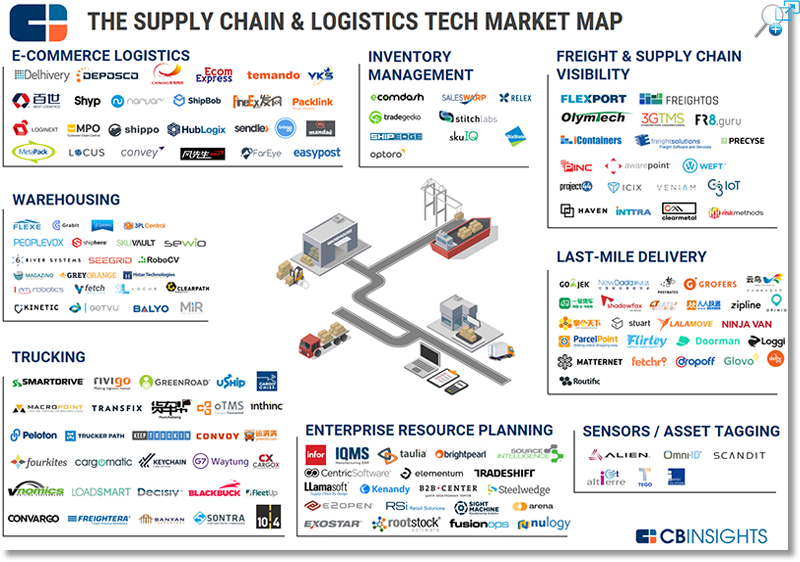
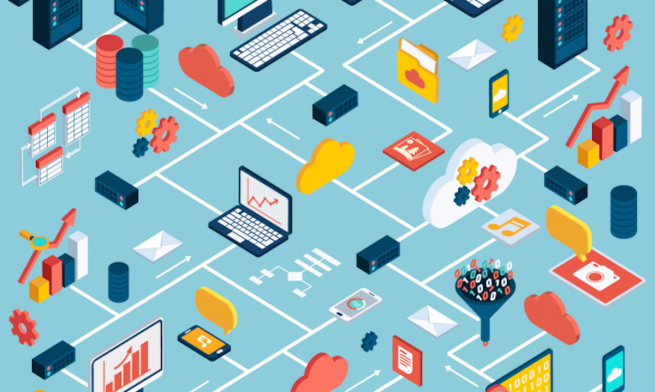
Pros and cons of e-commerce
Like any other field, e-commerce has its advantages and disadvantages. Let's start by listing the obvious advantages:
 All of the above can be set to automatic mode, as a result, products become cheaper, which customers like.
All of the above can be set to automatic mode, as a result, products become cheaper, which customers like. Cons of working with e-commerce:
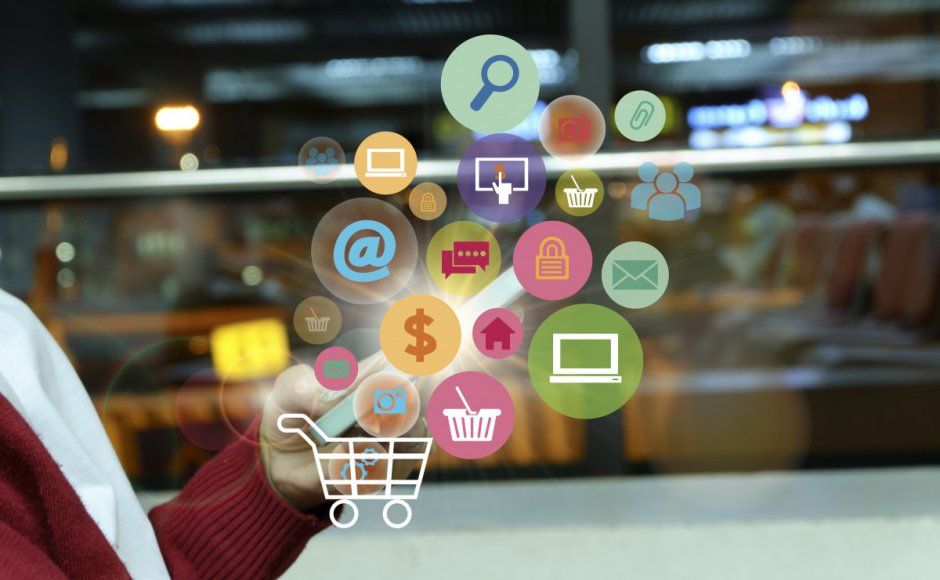 Any overlay with technology and Internet access will affect the conversion.
Any overlay with technology and Internet access will affect the conversion. The acceptance of international payments has its own characteristics, which we talked about in the article.

How to create your own online store?
If you are going to open an online store, you should spend a lot of time setting it up - every element of it, from the elegant home page to the payment module, should be as user-friendly as possible.
As soon as a buyer enters your site, he is faced with a choice - to leave or continue the search. If the interface and navigation of the home page do not attract buyers, and even take a long time to load, then the chances of retaining buyers become less and less. However, a few additions and well-timed settings can decide the matter in your favor:
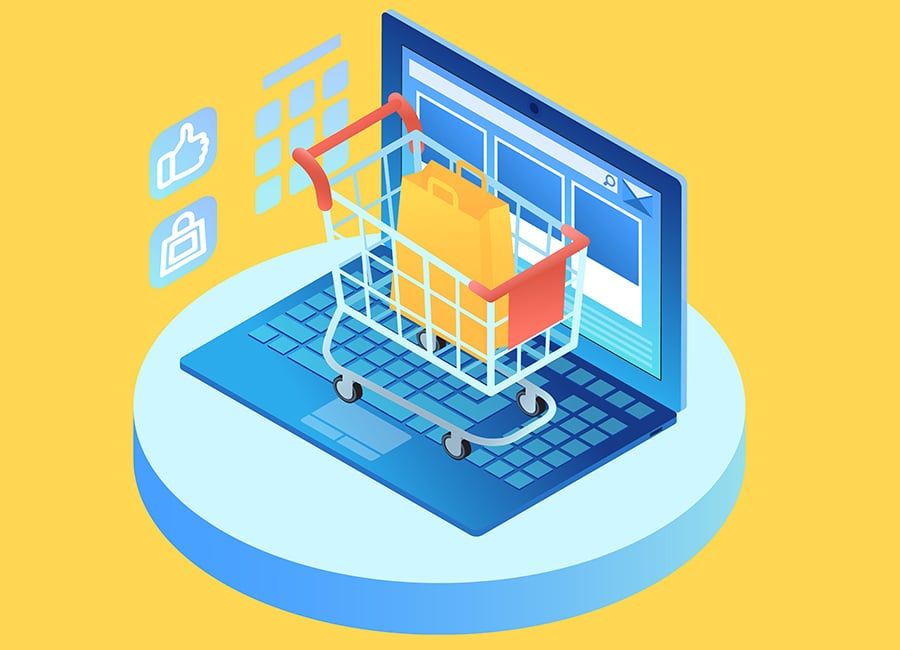
How to increase the conversion of an online store, described in detail in one of our articles.
If you have taken our advice and created the perfect home page, this does not mean that you have finished designing the entire site and working on content: in addition to product pages, customers may want to learn more about your business, ask a support question or read information about your shipping policy.
Top Ecommerce Platforms
Now, thanks to the new zero-coding trend, almost anyone can start an online business. Zerocoding means you no longer need complex coding skills. All software is provided by the platform itself on which you make an online store.
The Shopify platform is a convenient solution for working in the field of e-commerce, because on the site you can successfully accept payments from all over the world, and with little or no experience in creating websites. For many entrepreneurs, Shopify is truly the best way to get started in the online business world, as unlike other website builders, it requires minimal effort and almost zero website building skills.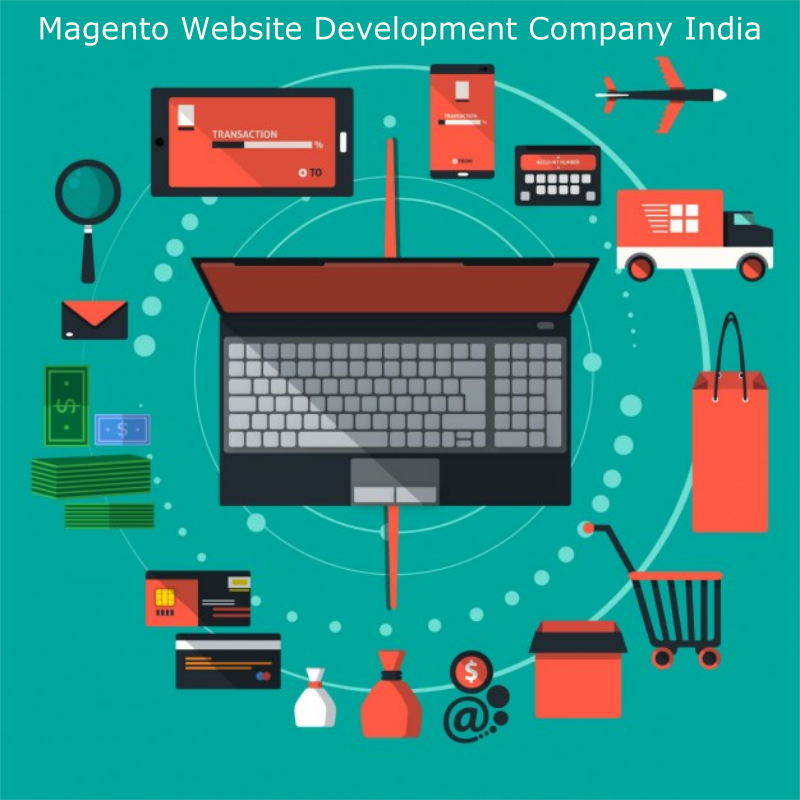
Also, you don't need serious programming skills to use it. Since the platform was designed for users without advanced design and technical skills, it has the simplest possible functionality.
The future of e-commerce
As expected, 2021 has not passed unnoticed by the ever-changing ecommerce market. More and more entrepreneurs stop using traditional methods of sales, preferring something new, which competitors do not yet have, and which would allow them to stand out in the eyes of customers, because the conversion of the store directly depends on this. More and more interesting “chips” come into use - some are becoming obsolete, while others are just beginning to flourish.
Recent industry trends include:
You can read more about each trend in our article. All of the above trends point to one thing - the e-commerce industry continues its active development. Millions of people are enjoying how easy it is to shop online, and trust in online retailers is growing.
All of the above trends point to one thing - the e-commerce industry continues its active development. Millions of people are enjoying how easy it is to shop online, and trust in online retailers is growing.
Shopping platforms are becoming more convenient: new payment and delivery methods are added, marketing strategies are improving, which attract more and more new customers. No wonder e-commerce is booming.
What's next?
As you probably already understood from the text of our article, e-commerce is one of the most promising and rapidly developing market segments. A large number of advantages over offline trading, as well as the constant improvement of the system, attract the attention of new buyers and manufacturers.
However, don't think that success in this area is a piece of cake and you don't need to put in any effort to get a quick result - such a strategy is unlikely to be effective.
If you have any questions on the topic, do not hesitate to contact our specialists for help.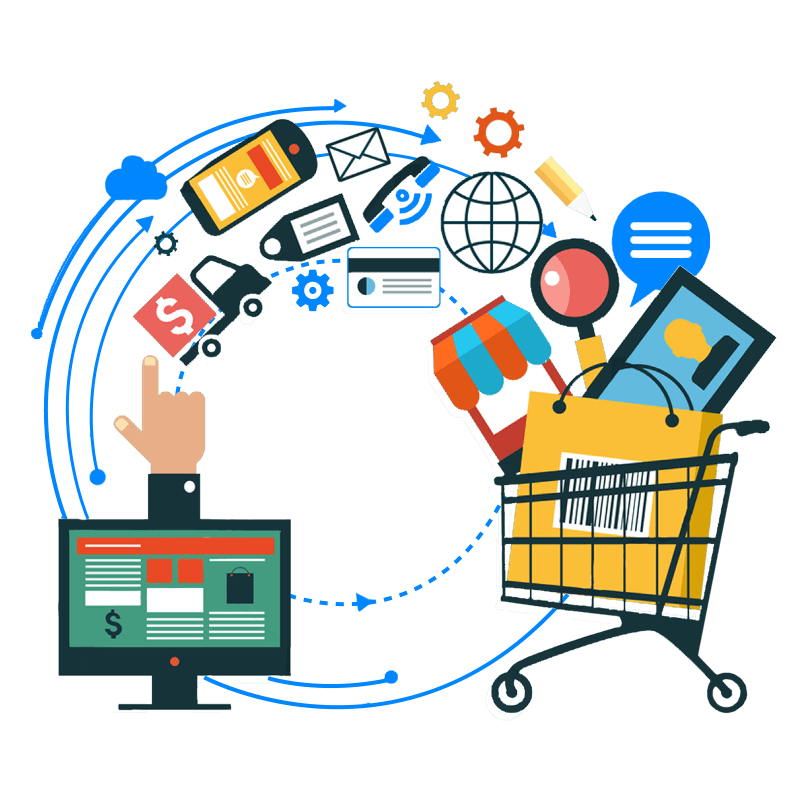 You can also contact us on Telegram – @ecomtodaysupport.
You can also contact us on Telegram – @ecomtodaysupport.
Discover Oracle's complete B2B and B2C e-commerce solutions.
Oracle Commerce
OverviewE-commerce is the business of buying and selling goods and services over the Internet. Customers can shop from their computers and through other touchpoints, including smartphones, smartwatches, and digital assistants such as Amazon Echo devices.
E-commerce is booming in both business-to-consumer (B2C) segments and business-to-business (B2B) segments . In the B2C segment, a retailer or other company sells goods directly to end customers. In the B2B segment, one company sells goods to another. In both cases, the goal of most companies is to enable customers to buy what they want, anytime, anywhere, using any digital device.
In simple terms, big data is unusually large and complex data sets, usually from non-standard sources. The size of these datasets is so large that traditional processing programs cannot handle them. But big data can be used to solve business problems that previously seemed too complicated.
The size of these datasets is so large that traditional processing programs cannot handle them. But big data can be used to solve business problems that previously seemed too complicated.
E-commerce sales growth is forecast to be a staggering 265%. Global e-commerce retail sales reached $2.3 trillion in 2017 and are projected to reach $4.88 trillion by 2021, just four years later. 1
With the rapid growth of the e-commerce market, HCM tools are becoming increasingly important and even necessary because they enable companies to:
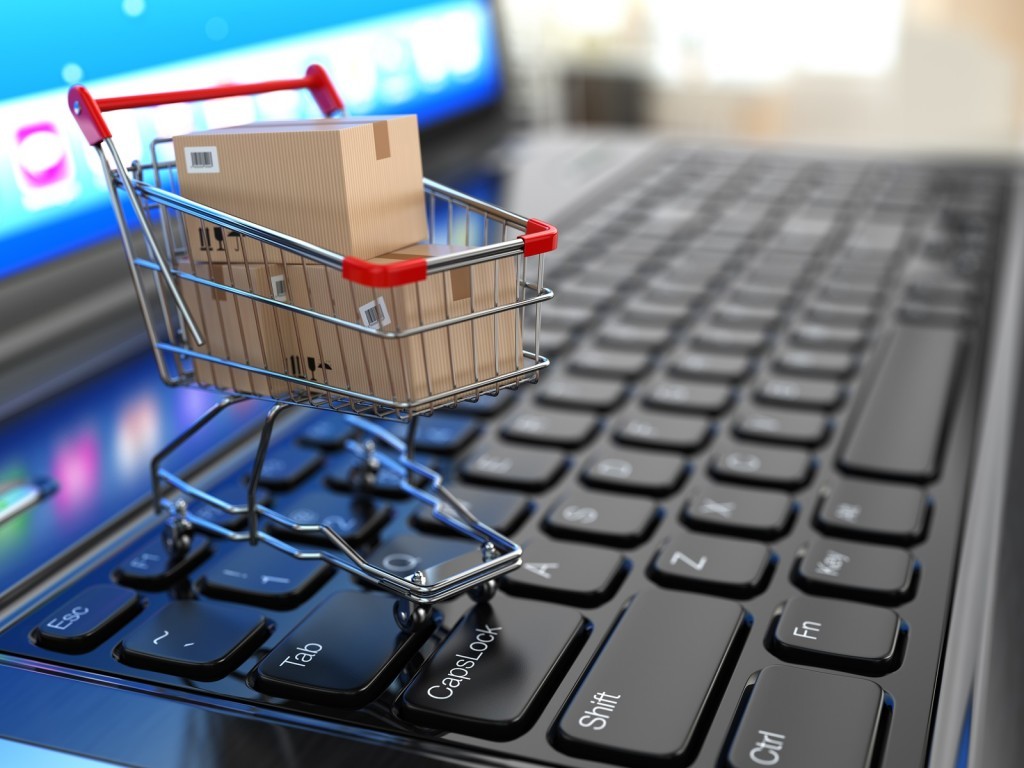
1 Statista. (2018, March). Retail sales in the e-commerce sector from 2014 to 2021 Information from the website https://www.statista.com/statistics/379046/worldwide-retail-e-commerce-sales/
To meet growing customer demand for greater choice, easier access, and faster delivery, companies are integrating physical store and e-commerce offerings to create a one-stop, multi-channel experience with customers when they shop, when they can:
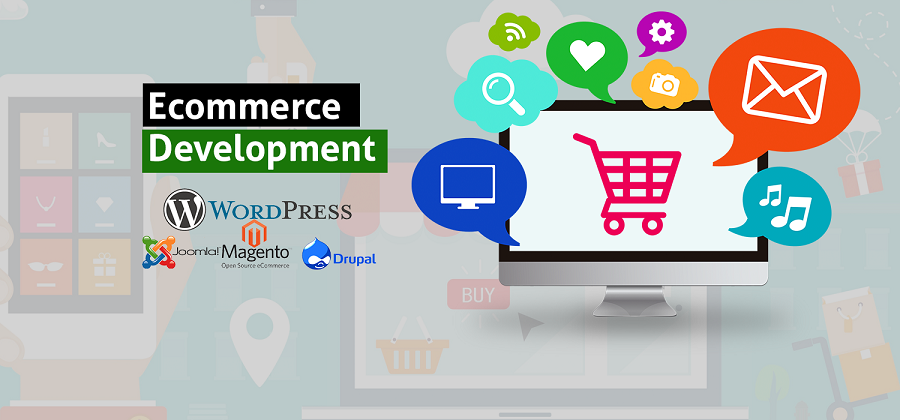 ) is not in this store.
) is not in this store. E-commerce has become widespread since the early 1990s. Amazon.com - the largest e-commerce platform - appeared in 1995, other large companies soon followed: Alibaba, PayPal and eBay. By the early 2000s, companies of all sizes were already offering e-commerce opportunities.
Individual B2B and B2C companies such as Amazon immediately emerged as e-commerce companies without traditional retail outlets. These One-Industry Companies typically identify a shortage of some product or service in the traditional retail market that can only be filled through an e-commerce solution.
Warby Parker is an example of a company that found that consumers would like to try on glasses at home. The company was founded in 2010 and sold prescription glasses only through an online store. By 2015, the company was valued at more than $1 billion. Today, Warby Parker has opened several brick-and-mortar stores to complement its online sales.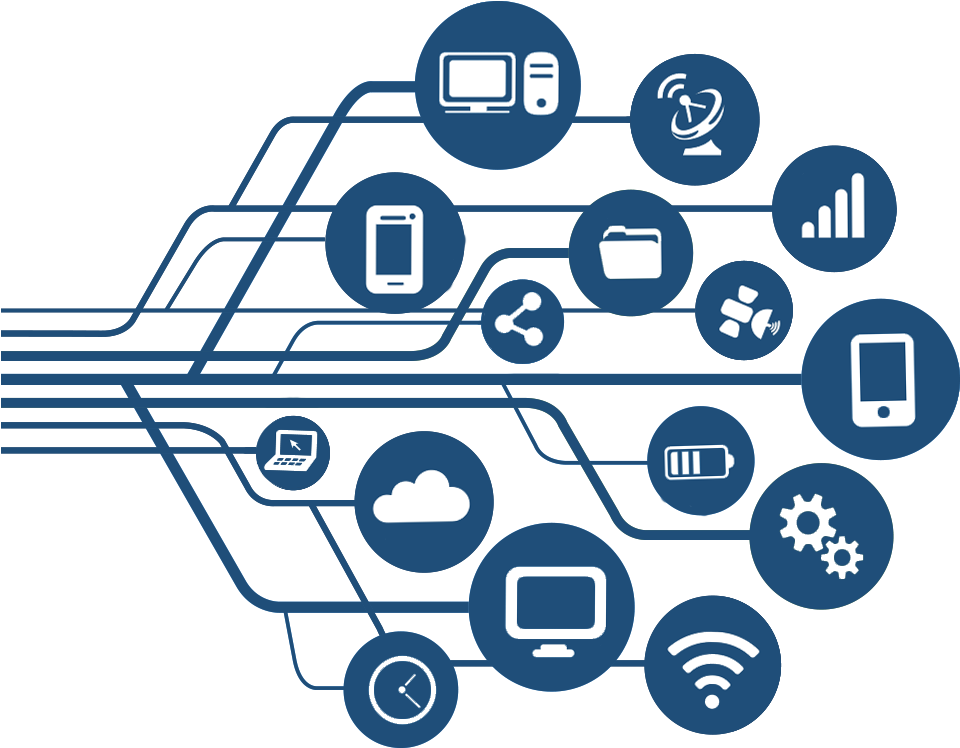 (Single-industry companies, which then open physical points, are called companies brick-and-click (that is, offline and online companies)).
(Single-industry companies, which then open physical points, are called companies brick-and-click (that is, offline and online companies)).
Casper mattresses also started as just an internet retailer. The company was founded in 2014 and by 2019 was worth more than $1.1 billion and sales continue to grow year on year. Casper sells mattresses and related products online, through a small number of stores and through partnerships with companies like Target.
The Blonde Salad is another successful e-commerce brand launched by influencer Chiara Ferragni in 2009.year. With the support of social media leaders and a target audience of millennial shoppers, The Blonde Salad quickly grew from a fashion blog to an online store that quickly became a clothing and accessories store.
Other companies with a long history as traditional retailers are integrating e-commerce offerings with traditional sales offerings. For example, John Lewis & Partners department store opened its first John Lewis store in 1864 in London and today has more than 50 stores in the UK. At the same time, the company publishes many interesting online offers, which allows its customers to buy a wide variety of devices and products online and choose home delivery or pickup from the store.
At the same time, the company publishes many interesting online offers, which allows its customers to buy a wide variety of devices and products online and choose home delivery or pickup from the store.
Louis Vuitton (founded 1854), Things Remembered (founded 1967, formerly Can Do), and TJX Companies (founded 1956, formerly Zayre Corp.) are other examples of traditional retailers that have been successful integrated into the e-commerce sector. They all have traditional stores where customers can still try on products, interact with sales assistants, and physically touch and test products. At the same time, through e-commerce channels, customers around the world can explore and order products from their preferred device at any time with delivery where and when required.
Learn how to quickly and affordably move to e-commerce (PDF)
B2B and/or B2C businesses need a powerful, flexible and scalable e-commerce platform that will enable them to meet the needs of their customers today and in the future.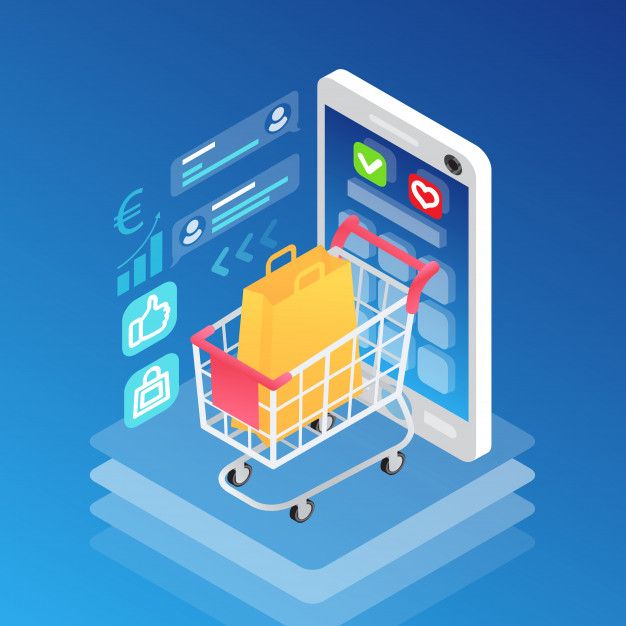 The best e-commerce platforms are:
The best e-commerce platforms are:
| Flexibility | The platform must support both B2B and B2C sales on the same platform, which can be deployed using hybrid cloud or other models. |
| Availability | Software as a Service (SaaS) subscription models are more cost effective than on-premises platforms, which typically require large and ongoing infrastructure costs. |
| User friendliness | An e-commerce platform must be user-friendly for both users to operate it and for companies to manage it. The user interface should be simple and clear so that even non-technical employees can easily add pages and features. |
| Easy integration | Companies should be able to easily integrate their existing technology with an e-commerce platform to reduce costs and take advantage of investments already made. |
| Customizable | Companies should be able to tailor the look and feel of the customer interface to match their brand. |
| Speed | Companies need platforms with a self-service architecture and standards-based structure that are easy to implement, simple to deploy, and easy to add applications and features to as needed. |
| Simplicity | E-commerce platforms need to be easy to maintain and manage with automatic updates, instant access to the latest features, and real-time monitoring of company-wide performance metrics. |
| Security | E-commerce platforms must ensure the latest comprehensive security measures, as well as ensure compliance with the Payment Card Industry Data Security Standard (PCI DSS), the General Data Protection Regulation (GDPR), and other regulatory requirements. |
| Scalable | Platforms must scale quickly to deliver a high quality experience around the world every day, even if it's Black Friday or a new brand launch. |
Learn how to find the right e-commerce platform (PDF)
E-commerce is evolving rapidly as innovations in AI, machine learning and the Internet of Things (IoT) help companies meet growing customer demands in new ways.
The following trends in e-commerce attract attention.
| Entering new markets | The e-commerce sector is growing all over the world, and companies are competing with each other for millions of new customers in the markets of developing and developed countries. |
| More personalization | Customers are interested in a personalized experience, for example, they want to receive discounts and special offers on related products based on their purchase histories.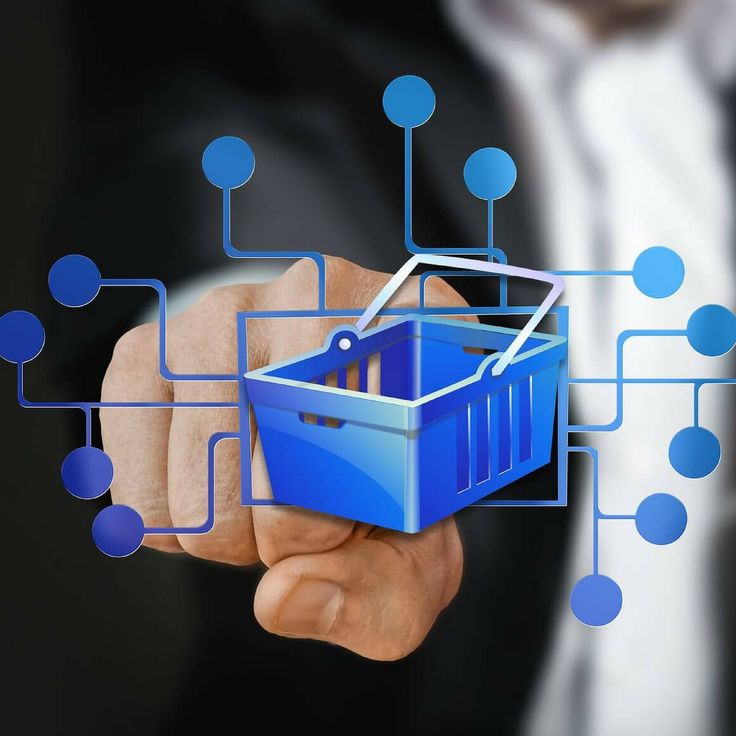 E-commerce platforms that use AI to make better predictions and recommendations will be able to win and retain more customers. E-commerce platforms that use AI to make better predictions and recommendations will be able to win and retain more customers. |
| Faster delivery | Day-to-day and even hourly delivery via drones and other means will become increasingly popular, forcing companies to streamline their supply chains and speed up delivery to stay competitive. |
| Subscription purchases | Sales of life cycle products and other subscription products are likely to grow as select products are delivered to discerning customers. |
| More touchpoints | Shoppers will increasingly shop using phones, digital assistants, and other digital devices, and online retailers will need to be able to deliver the same high-quality experience across all touchpoints. |
| Best Quality Chatbots | Digital assistants and other chatbots will become even more technically advanced, allowing customers to communicate with them by voice in a conversational mode thanks to the power of artificial intelligence.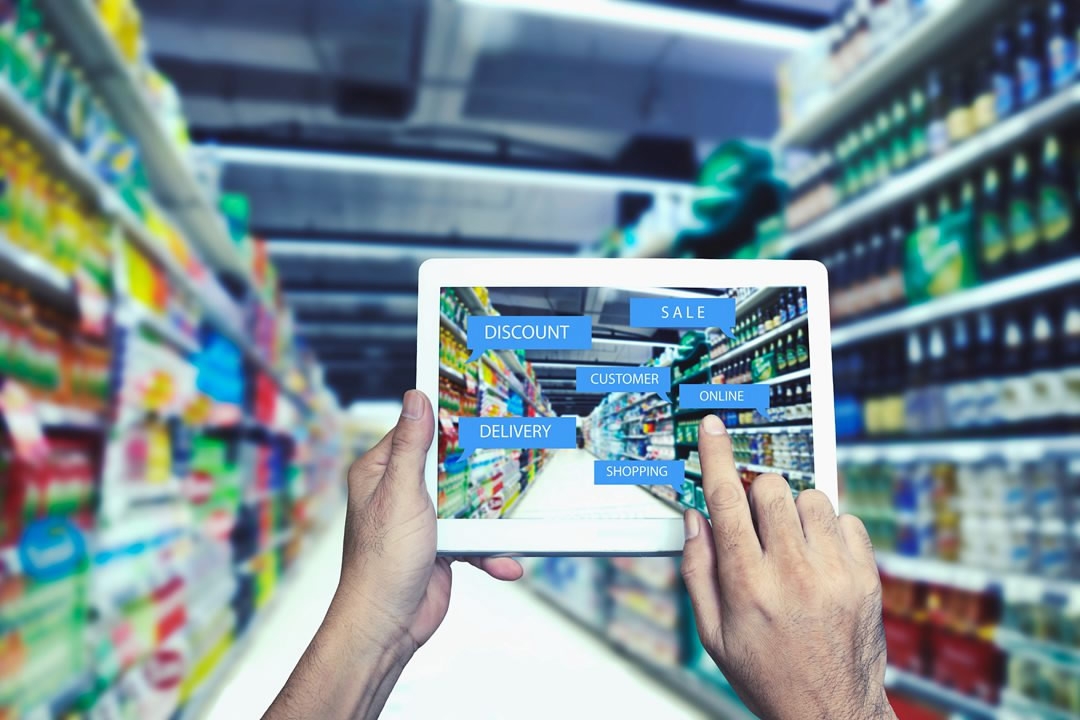 |